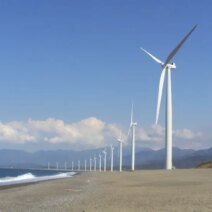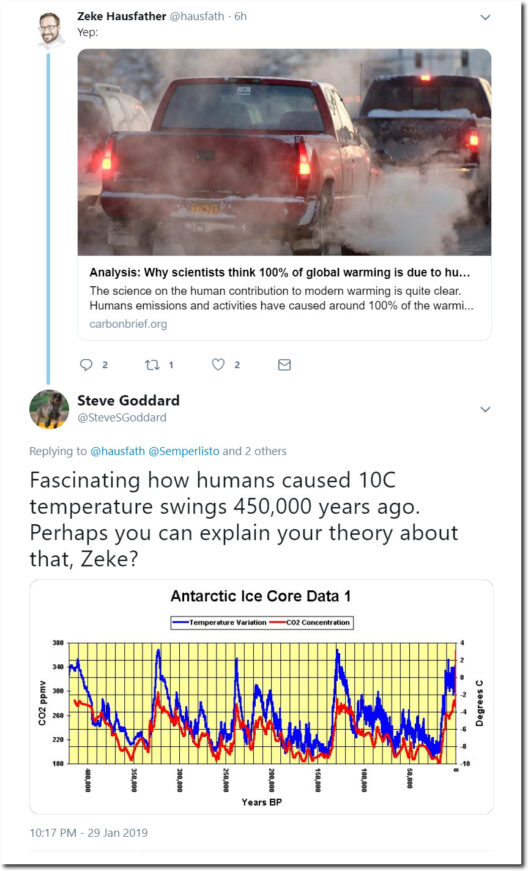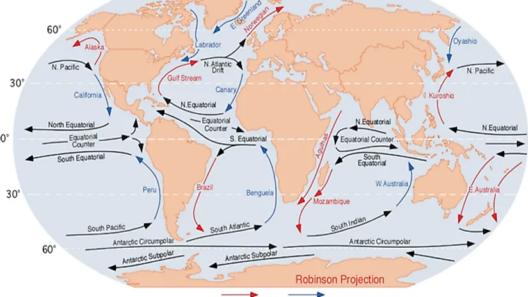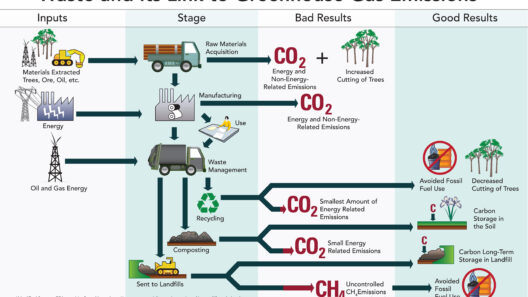Is climate change real? This playful question often elicits a spectrum of responses, from fervent denial to fervent advocacy for immediate action. What if, just for a moment, we entertain the notion that it is all just an elaborate hoax? One might ask: could the plethora of scientific data be wrong? As we delve into the evidence surrounding climate change, it becomes apparent that the ramifications of denial are far more severe than the implications of accepting the reality of our warming planet.
The existence of climate change is bolstered by an overwhelming accumulation of empirical data, derived from myriad sources. The consensus among scientists is unequivocal. Yet, for those still swaying on the fence, let’s explore the compelling evidence. In this article, we will dissect the various dimensions of climate change: its scientific underpinnings, observable phenomena, and future projections. Through an in-depth exploration, we shall illustrate that the evidence is, indeed, irrefutable.
Understanding the Science of Climate Change
The first aspect to consider is the greenhouse effect, a natural phenomenon that has been amplified by human activities. Greenhouse gases, such as carbon dioxide (CO2) and methane (CH4), trap heat in the Earth’s atmosphere, leading to a gradual increase in global temperatures. This occurrence is not just a theory; it is a scientifically validated fact.
Historical data reveals that CO2 levels have risen dramatically since the Industrial Revolution, primarily due to the burning of fossil fuels, deforestation, and industrial processes. The Mauna Loa Observatory in Hawaii has recorded the atmospheric concentration of CO2 since the late 1950s. What does this data show? A staggering increase from approximately 315 parts per million (ppm) in 1958 to over 400 ppm in recent years. This rise is directly correlated with global temperature increases, demonstrating a clear link between human activities and climate change.
Furthermore, climate models, predicated on the principles of physics, predict future atmospheric conditions based on varied levels of greenhouse gas emissions. These sophisticated simulations consistently indicate rising temperatures, shifting weather patterns, and more extreme weather events if current trends continue. The science is intricate yet precise, affirming that the bedrock of our understanding is grounded in empirical research validated by peer-reviewed studies.
Observable Effects of Climate Change
While graphs and statistics present a compelling argument, the most palpable evidence of climate change lies in its observable effects. A leisurely stroll through one’s community might not unveil immediate signs, yet a closer examination reveals a world undeniably altered.
Consider the phenomenon of extreme weather. Floods and droughts have become increasingly frequent, often devastating entire regions. A report from the National Oceanic and Atmospheric Administration (NOAA) notes that since the 1980s, the frequency of extreme rainfall events has risen in the United States. Communities find themselves grappling with unprecedented flooding, while others are parched by severe droughts.
Another harbinger of climate change is the melting of polar ice caps and glaciers. The Arctic has seen dramatic reductions in sea ice extent, with some studies suggesting summer sea ice could vanish entirely by the middle of this century. As the ice melts, it contributes to rising sea levels, threatening coastal communities across the globe. Observations from NASA satellites reveal alarming rates of ice loss from Greenland and Antarctica, further substantiating the urgency of the matter.
Impacting Ecosystems and Biodiversity
Climate change does not merely alter landscapes; it has far-reaching consequences on ecosystems and biodiversity. Shifts in temperature and precipitation patterns affect species distribution, leading to the disruption of delicate ecological balances. Certain species, particularly those with limited mobility or specific habitat requirements, face an existential threat. For instance, coral reefs—often referred to as the rainforests of the ocean—are experiencing bleaching events due to rising water temperatures and ocean acidification. This phenomenon traps fish populations, thus jeopardizing both marine ecosystems and the livelihoods of coastal communities.
The ramifications of climate change extend beyond individual species or ecosystems; they impact human health and economies as well. As vectors for diseases expand into new territories, public health crises may ensue. Agriculture, too, faces potential disruption as changing climates can alter crop yields, thereby threatening food security worldwide. The economic implications are profound—estimates suggest that ignoring climate change could cost millions in damages annually.
Future Projections: A Call to Action
What lies ahead if we continue down the path of inaction? The Intergovernmental Panel on Climate Change (IPCC) paints a daunting picture; without immediate and concerted efforts, the world may face dire consequences. Projections indicate that we could witness a temperature rise of 1.5 degrees Celsius above pre-industrial levels as early as 2030, leading to catastrophic climate events, mass displacement, and strife over resources.
In confronting climate change, one must consider not only the monumental challenges but also the opportunities for transformation. Transitioning to renewable energy sources, enhancing energy efficiency, and implementing sustainable practices can mitigate the adverse effects while fostering economic growth and innovation. Indeed, the call to action is not merely about prevention; it is about reimagining our way of life.
In conclusion, the evidence surrounding climate change is extensive, compelling, and irrefutable. Engaging with this knowledge empowers individuals to effect change. The question is not whether climate change is real but rather how we respond to this pressing challenge. As stewards of the Earth, our collective actions will chart the course for generations to come. What legacy do we wish to leave behind?








